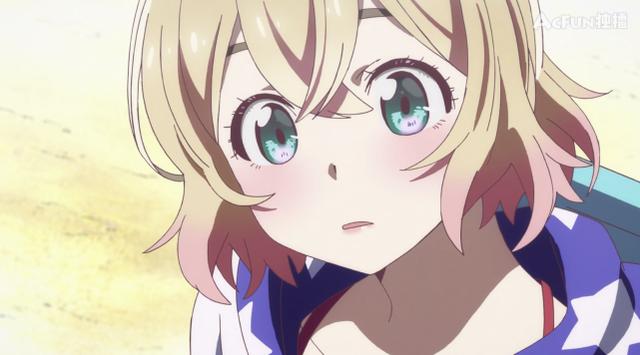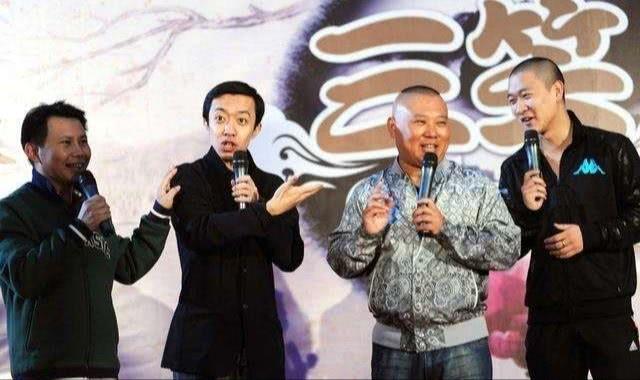袁大头是民国时期主要流通货币之一,“袁大头”是对袁世凯像系列硬币的口语俗称,严谨点说叫“袁世凯像背嘉禾银币”。北洋政府为了整顿币制,划一银币,于民国三年(1914年)二月,颁布《国币条例》十三条,决定实行银本位制度。《国币条例》规定:“以库平纯银六钱四分八厘为价格之单位,定名为圆”,“一圆银币,总重七钱二分,银八九,铜一一”,“一圆银币用数无限制”,即以一圆银币为无限法偿的本位贷币。根据这一规定,于1914年12月及1915年2月, 先后由造币总厂及江南造币厂开铸一圆银币,币面镌刻袁世凯头像,俗称“袁头币”或“袁大头”。
清朝灭亡之后,1912年4月袁世凯出任大总统。北洋政府鉴于当时铸币、纸币十分复杂,流通的中外货币在百种以上,规格不一,流通混乱,折算繁琐,民众积怨,同时也想借助货币改制以解决军费问题,便决定铸发国币。袁世凯为了提高自己的统治地位,把他的头像铸于币面,“袁大头”由此而来。
签字版袁大头

民国三年袁大头签字版:此枚中华民国三年袁世凯像壹圆“L.GIORGI”签字版银币,该币最显著特征就是币的正面袁世凯五分侧面向,在右侧有英文“L.GIORGI”或简写“L.G”字样,由意大利籍技师鲁乔奇(Luigi Giorgi) 雕刻制模,数量极少,市场价值高。
袁大头中的极品民国三年袁大头,这一年的袁大头发行量最少,因为他在当时是一个错版的存在,一般的袁大头都是七个字,多了一个‘造’字,在所有袁大头中只有民国三年的袁大头是没有造字的,民字是多一点的,这也是与其它钱币很大的一个区别,我们可以看到袁大头人像胸前与内齿接触的地方是少一个内齿的,这也是内行人鉴定钱币真假重要的一点,这枚钱币整圈就少这一个内齿,当时的目的就为了来防伪的,而后期仿制的钱币是没有注意到这个细节的。

背面嘉禾二本,左右交互,下系结带,,中铸“壹圆”二字。这些年,在银元收藏界,有一个名字,始终不乏耳闻,那就是“袁大头”,特别是这几年,随着金银价格走强以及市场的火爆,许多老银元的市场价格都有了多倍的涨幅,品相良好,存世稀少的珍品,更是不可估量。
背嘉禾”,美禾,茁壮之禾,硕大之禾,祥瑞之禾也。东汉许慎《说文》云:“禾,嘉谷也。以二月而种,八月始熟,得时之中,故谓之禾。”王充《论衡·讲瑞篇》云:“嘉禾生于禾中,与禾中异穗,谓之嘉禾。”古人多以“嘉禾”为祥瑞之物,与甘露醴泉并称。如班固《汉书·公孙弘传》云:“甘露降,风雨时,嘉禾兴。”也就是生长得特别茁壮的禾稻,古人视嘉禾图案为吉祥的象征。
在中国钱币上就有嘉禾图案,现在国徽上就有,最典型的嘉禾纹样就是“袁大头”上的背后的嘉禾图案。
钱币收藏历来就讲究:藏‘绝’三年袁大头签字版是整个袁大头系列里的一‘绝’其收藏价值极高,而且钱币第二侧重点就是看品相,这二枚银币,包浆自然,整体规整,字体清晰,图案精美,无任何磕缺,变形,品相完美,而且是特殊的签字版,可谓是锦上添花,具有极高的收藏价值。
英文翻译:Yuan Datou is one of the main currencies in circulation during the Period of the Republic of China. "Yuan Datou" is the colloquial name of yuan Shikai like a series of coins. It is called "Yuan Shikai like back Jiahe silver coin". In order to rectify the currency system, the Beiyang government made one silver coin. In February 1914, it promulgated the Thirteen National Currency Regulations and decided to implement the silver standard system. According to the Regulations on national currency, "the unit of price of kuping sterling silver is 6.48 per cent and its name is yuan", "a silver coin weighs 7.20 cents in total, silver 89 per cent and copper 11 per cent", and "there is no limit to the number of a silver coin", namely, a silver coin is the standard currency with unlimited legal compensation. According to this regulation, in December 1914 and February 1915, the Minting Factory and jiangnan Mint successively cast a yuan silver coin, with yuan Shikai's head engraved on the coin surface, commonly known as "Yuan Tou coin" or "Yuan Datou".
After the fall of the Qing Dynasty, Yuan Shikai became president in April 1912. In view of the complexity of coinage and paper money at that time, there were more than 100 kinds of Chinese and foreign currencies in circulation with different specifications, chaotic circulation, cumbersome conversion, and resentment among the public, the Beiyang government also wanted to solve the military expenditure problem by means of currency reform, so it decided to coin and issue national currency. Yuan Shikai in order to enhance his dominance, his head cast on the currency, "Yuan Datou" from this.
Signed version yuan Datou
Version signed by Yuan Datou in the third year of the Republic of China: This three years of the republic of China yuan shikai like a round "l. Giorgi" signature version of the silver coin, the most significant feature of the coin is the front of yuan shikai five points to the side, on the right side of the English "l. Giorgi" or "L.G", by the Italian technician Luigi Giorgi carved mold, very few, high market value.
Big head, big head in need three years of the republic of China yuan yuan this bulk circulation of at least one year of yuan, because he was a wrong version of the existence of general yuan big head is seven words, more than a "made" word, in only three years of the republic of China of all bulk yuan yuan big head there is no word, word is a bit more, this is also with the rest of the money, a big difference between We can see that yuan Datou's chest contact with the inner tooth is missing an inner tooth, which is also an important point for insiders to identify the authenticity of the coin. The whole circle of this coin is missing this inner tooth, and the purpose of the coin at that time is to prevent counterfeiting, and the later imitation coin is not aware of this detail.
On the back of jiahe two, left and right interaction, the next knot belt, casting "one circle" two words. These years, in the world of silver dollar collection, there is a name, always heard, that is "Yuan Datou", especially in these years, with the strong price of gold and silver and the hot market, the market price of many old silver dollars has increased by multiple times, good appearance, rare treasures, is immeasurable.
Back jiahe ", The United States, healthy, huge, auspicious he also. In the Eastern Han Dynasty, Xu Shen said in His book Shuo Wen, "Wo, Jia Gu also. In February and planted, August ripening, when the middle, so called wo." Wang Chong "on balance · tell Rui" cloud: "Jiahe was born in wo, and different ears in wo, that jiahe." The ancients to "jiahe" auspicious things, and Ganlu ashamed quan said. Such as Ban Gu "Book of Han · Gongsun Hong Biography" cloud: "The dew fell, wind and rain, Jiahe xing." That is, the rice that grows very strong and strong, the ancients regarded jiahe pattern as a symbol of good luck.
Jiahe pattern is found on Chinese coins, and now it is found on the national emblem. The most typical Jiahe pattern is the jiahe pattern on the back of "Yuan Datou".
Coin collection has always been particular about: Hid 'no' three years big head big head series signature edition is the yuan yuan a 'unique' its high value for collection, and money the second focus is the appearance, the two silver COINS, patina natural, whole is neat, clear font, beautifully designed, cutting without any deficiency, deformation, quality perfect, and it is the signature of the special edition, is the icing on the cake, has a very high collection value.
,




